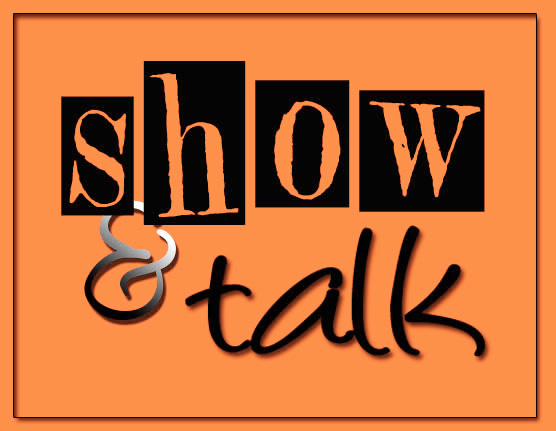I’ve really been enjoying the new show The Flash. Nevermind that Barry Allen is my favorite superhero, and, wow, that #Flarrow crossover event! But there’s another factor of it that intrigues me, and that’s the evolution of its villains. (I will try to make this post as spoiler free as possible, but no promises).
With the exception of whoever killed Barry Allen’s mother, all of the villains we’ve encountered so far are metahumans that were created after the explosion. The same explosion that gave Barry his abilities. But while Barry chose to use his abilities to save people, nearly all of the other metahumans have chosen to exact revenge or just wreak havoc on Central City. Now, granted, a few of them obtained abilities that were pretty alienating. But the others? Well, the only thing that Barry has that the others seem to be lacking (besides a heart of gold) is community.
Suddenly finding out you’re not like anyone else can be really isolating. I’d imagine it would spark a wide range of emotions, including fear and anger. This is true not just in the comic book world, but in our world, too. Somewhere along the way, our minds are programmed to believe that different is bad. The things we can’t understand must be wrong. Without people who can remind you of your strengths, it’s easy to get lost focusing on your weaknesses. When that happens, many people have to find a way to focus the pain, which ultimately leads to harming themselves or others.
Sure, there are many people who have community but still suffer silently. Our self acceptance can’t be controlled by anyone other than ourselves. But it helps to have people around who are a good mirror of who we truly are.
Ultimately, the difference between being a hero or a villain hinges on one choice. Barry saw his fate and decided to make the most of it. I hope that if I some day wake up with super powers, I choose to be a hero.
